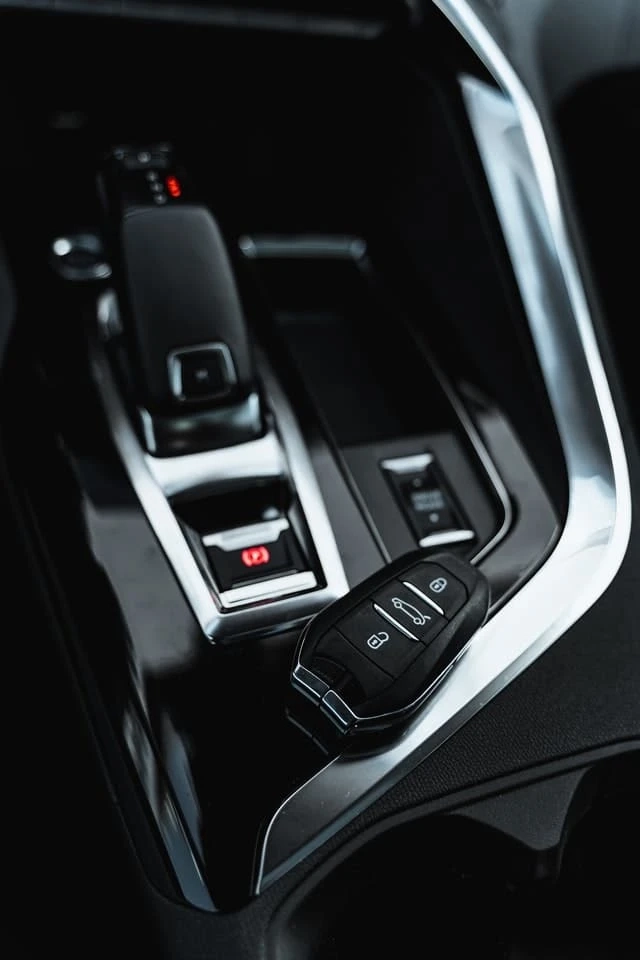Buying your first car is exciting. When you pay off your last car note, you feel exhilarated and know the vehicle is yours. As you go on adventures in your car, you form a bond with it. However, automobiles, like everything else, deteriorate with time. You may find that you are spending more time on the side of the road or at the mechanic\'s shops than you are actually behind the wheel. You may be torn between putting a few more dollars into your old vehicle or getting in one. Here are some factors that can make deciding to pull the plug on your old car and get a new one.
Do the Math
At some point, car owners have to pay their car repair bills. You can reach a point where your bills start to add up, or you could find yourself with one major repair that is more expensive than the car\'s actual value. At this point, many car owners feel that their vehicle has kicked the bucket, and it\'s time to get a new one.
However, car owners in this situation should be careful that they are not confusing the potential monetary value of the vehicle with the car\'s actual value. The monetary value of the vehicle is how much you can get for it if you sell it. However, the car\'s real value is its ability to transport you from one place to another reliably and safely. If you feel like your vehicle is on its last leg, ask yourself, how can I get the transportation a vehicle provides at the least expensive cost? Is it by continuing to repair my car or getting a new one?
For example, your 1996 Ford with 150,000 miles on it may have a trade-in value of less than $1,000. It needs the head gasket replaced, which will cost you around $900, which is 90% of the value of the car. But that $900 will keep your car going, whereas purchasing a new vehicle will cost you upwards of $15,000.
When the Math Indicates It\'s Time to Get a New Car
What could help you make a good decision about when it\'s time to buy a new car is to take the cost of owning your vehicle over a year and compare it to the cost of owning a new car over the same timeframe.
If your car is ten years old, you probably make some expensive repairs yearly. However, you also probably own the vehicle free and clear. So you don\'t have monthly car notes.
Take the old Ford vehicle from the previous section that costs you a thousand dollars a year in repairs. Throw another $2,000 a year for gas if you drive around 15,000 miles a year. Your yearly cost for vehicle ownership is $3,000.
Now, look at the cost of purchasing a new Ford vehicle. Let\'s say you get one for $15,000. You trade your old Ford for $1,000, so you have to pay $14,000. If you get a loan for four years with 4% interest, you\'ll pay around $3,800 a year, another $1,500 a year on gas, and car insurance for new cars. The numbers indicate that holding onto your old car is not that bad.
Other Factors to Consider
There are more factors to consider than just math. If your car leaves you stranded multiple times throughout the year, spending money on tow trucks, and finding yourself stuck at night because your car keeps breaking down, getting a new car is a right move.
If you learn about the easiest way to finance a car, you could get a quality car at a low price with an interest rate that you can afford.
You might be one of those people who enjoy the feeling of having a new car and can afford to spend a little bit more money to do so. Newer cars are more fuel-efficient, pollute less, and come with many amenities that older vehicles don\'t have. And there\'s just a feel-good factor of driving around in a new car.
Making a Good Decision on Your Next Car
There are pros and cons to buying a new car. You will feel the best with your purchase if you count the cost in advance, make an informed decision, and study your financing options to ensure you can get the car you want at a price you can afford.
0



